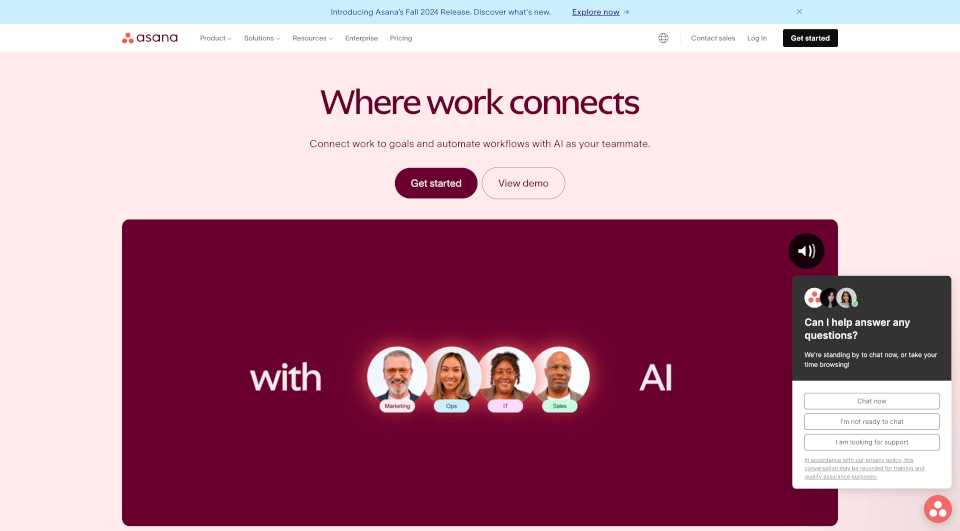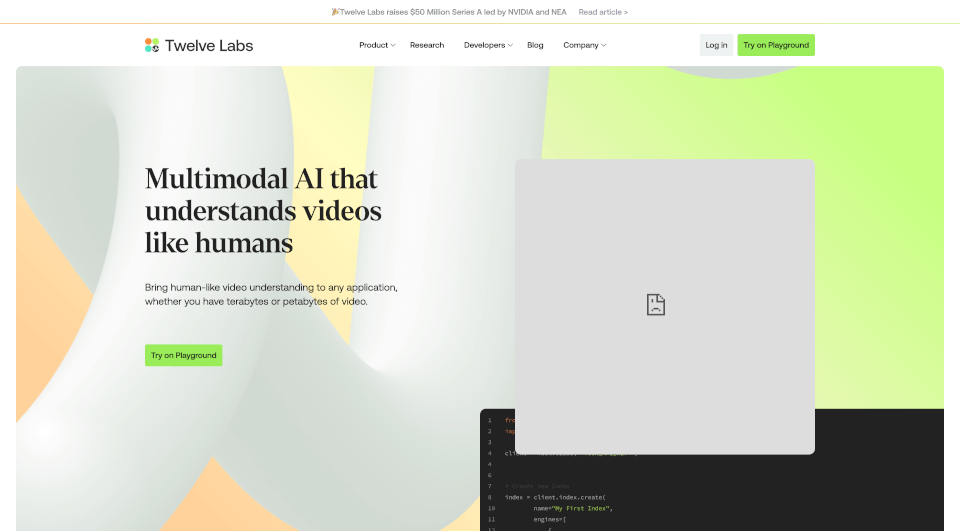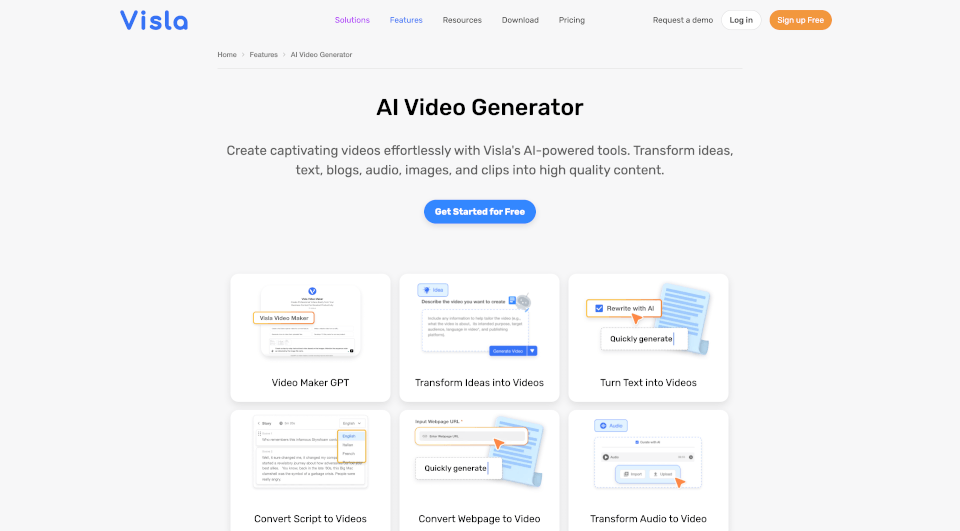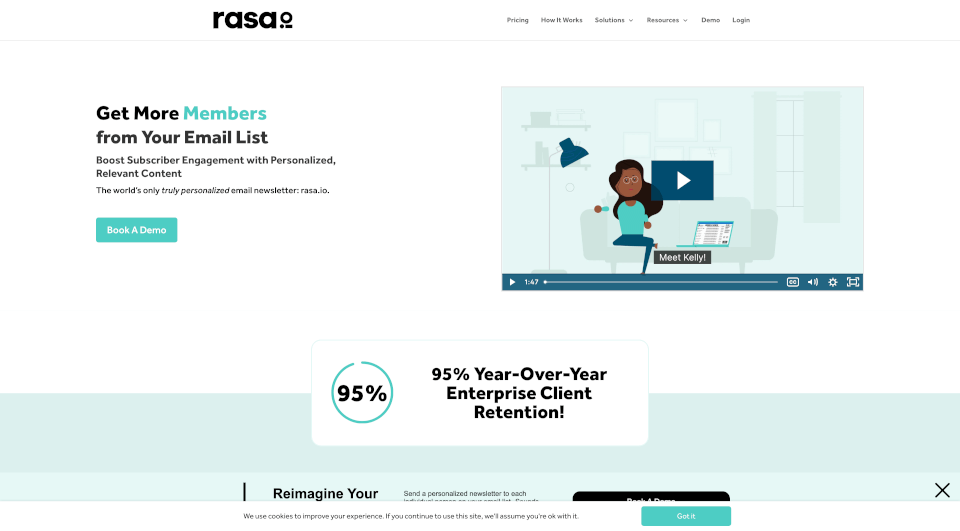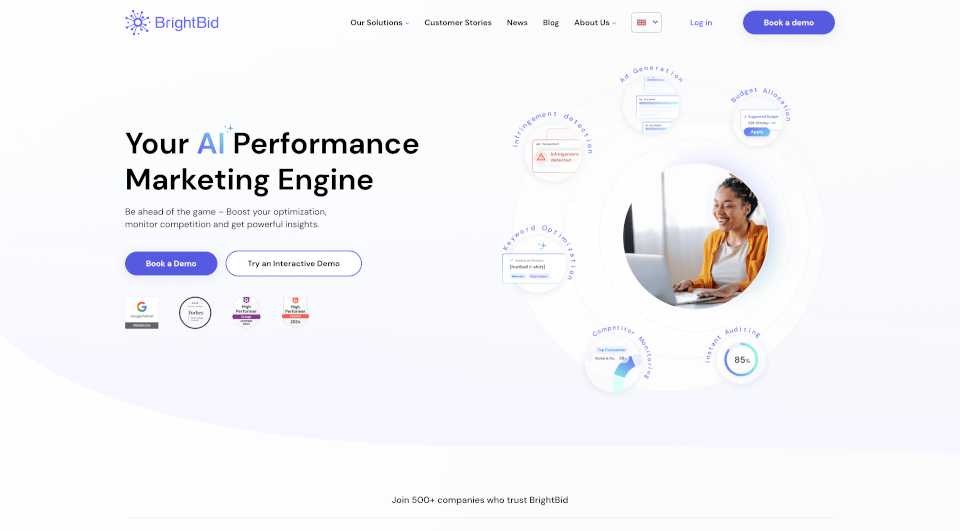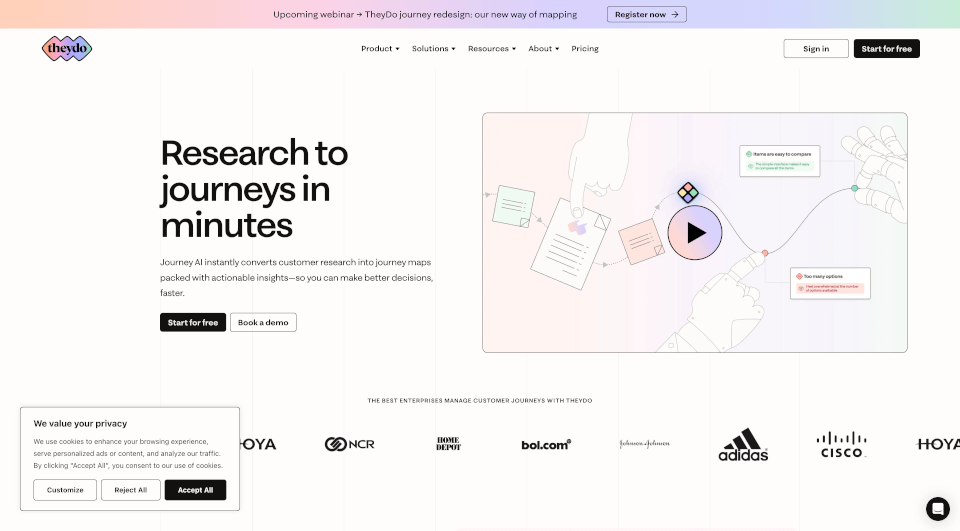What is Asana?
Asana is a powerful work management tool designed to help teams streamline their projects, tasks, and workflows efficiently. With its user-friendly interface and robust features, Asana enables both remote and in-office teams to keep focused on their goals. The platform fosters collaboration, clarity, and accountability, allowing users to visualize their projects and track progress in real time. Its seamless integration with various apps and services makes Asana a favorite among Fortune 100 companies and businesses across diverse industries.
What are the features of Asana?
Asana boasts an array of features that cater to different work management needs.
Project Management: Users can create and organize projects easily, assign tasks to team members, set deadlines, and monitor progress. The visual project timelines help teams understand task dependencies and project flow.
Goals and Reporting: Asana allows teams to set and align goals with their projects. Real-time reporting functionalities help document progress, identify bottlenecks, and adjust strategies accordingly to meet objectives.
Workflows and Automation: Automating repetitive tasks can save teams significant time. Asana offers tools to create custom workflows that automate notifications, task assignments, and updates, allowing teams to focus on higher-priority work.
Resource Management: Keep tabs on resource allocation effectively. Asana provides an overview of who is working on what, ensuring that team members are not overburdened while also tracking project timelines.
Asana AI: With the introduction of AI capabilities, Asana now offers intelligent task suggestions, automated report generation, and enhanced productivity tools that help teams work smarter and faster.
Integration Capabilities: Asana connects with over 300 apps, including Slack, Microsoft Teams, Google Drive, and more, making it an ideal solution for teams looking to integrate their workflows across platforms.
What are the characteristics of Asana?
Asana is characterized by its intuitive design and a flexible approach that caters to diverse team dynamics.
User-Friendly Interface: With its clean layout and easy navigation, Asana reduces the learning curve for new users, allowing teams to adopt the tool quickly.
Real-Time Collaboration: Asana enables concurrent updates, ensuring that team members can collaborate effectively without the need for constant check-in meetings.
Scalable Solution: Whether a small startup or a large enterprise, Asana scales effortlessly to meet the changing needs of a business, maintaining efficiency as teams grow.
Mobile Accessibility: The Asana mobile app allows users to manage tasks and projects on the go, promoting productivity outside the office environment.
What are the use cases of Asana?
Asana's versatility makes it applicable in various scenarios across numerous industries:
- Marketing Management: Use Asana to streamline campaign management, track content production, and manage editorial calendars seamlessly.
- IT Operations: IT teams can use Asana for managing project requests, tracking incidents, and ensuring timely task completion.
- Product Development: Asana provides a centralized space for tracking product launches, ensuring sprint planning is aligned with strategic goals.
- Healthcare Projects: Healthcare organizations utilize Asana for scheduling patient care activities, managing compliance tasks, and coordinating team efforts.
How to use Asana?
To get started with Asana, follow these steps:
- Sign Up: Create an account for free or opt for a premium plan to access advanced features.
- Create a Project: Start by setting up your first project. Choose a layout (like list or board) that suits your team’s workflow.
- Add Tasks: Break down projects into manageable tasks and assign them to team members, set deadlines, and add relevant details.
- Track Progress: Utilize Asana’s dashboard to monitor task completion rates, deadlines, and upcoming milestones.
- Integrate Tools: Connect Asana with other tools your team uses to enhance collaboration and workflow efficiency.
Asana Pricing Information:
Asana offers different pricing tiers to accommodate various business sizes and needs:
- Free Plan: Basic features for individuals or small teams.
- Premium Plan: Advanced features, including timeline views and reporting options.
- Business Plan: Enhanced capabilities, including custom rules and approval workflows.
- Enterprise Plan: Tailored solutions for large organizations with advanced security and compliance needs.
